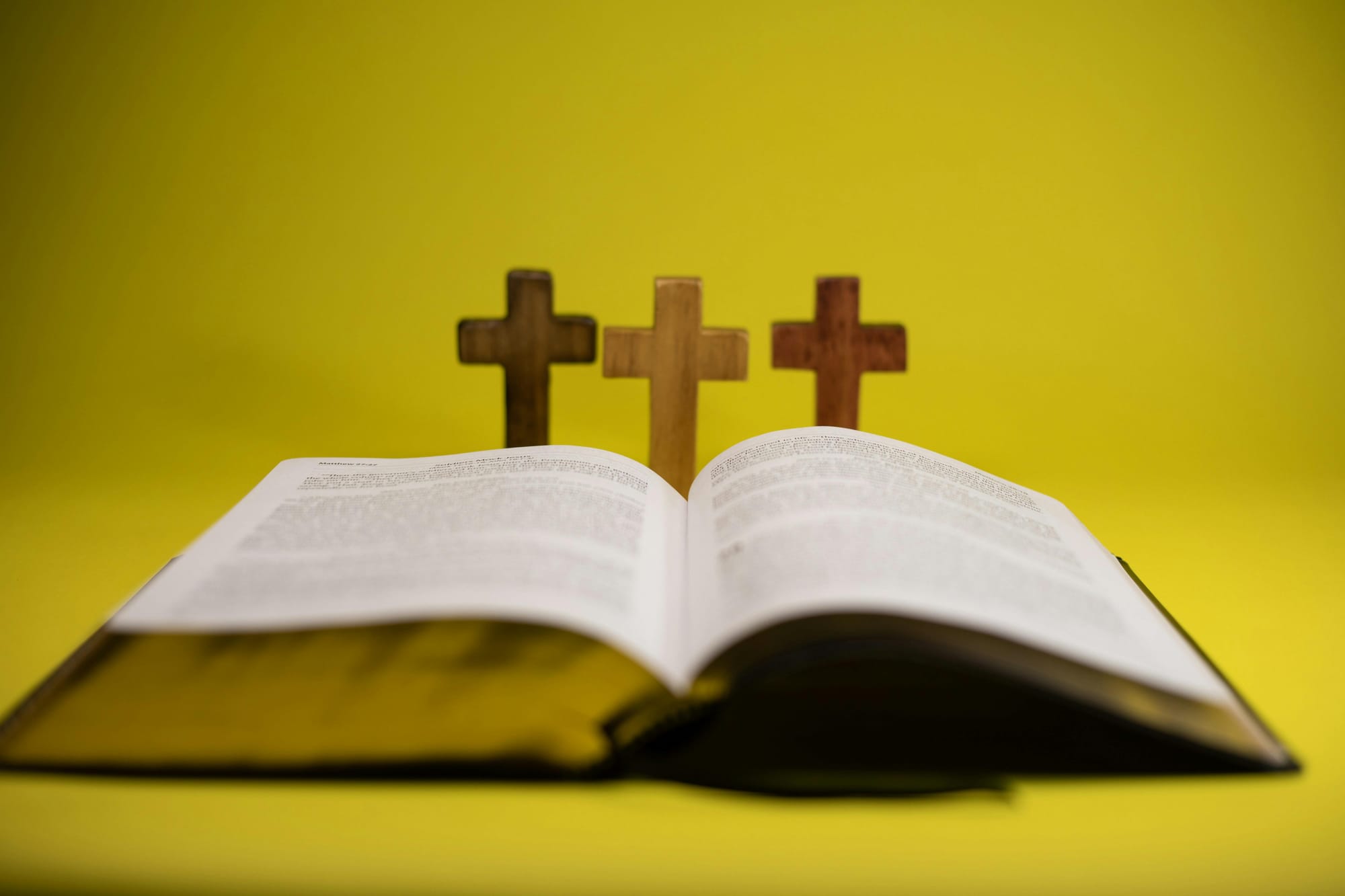Faith and Reason: Pillars of Catholic Belief

In the realm of Catholic theology, the interplay between faith and reason has long been a cornerstone of understanding and belief. While faith is often portrayed as a deeply personal and spiritual conviction, reason serves as the intellectual framework that supports and enriches this faith. Together, they form a dynamic relationship that not only deepens individual spirituality but also enhances our understanding of God’s plan for humanity and the universe.
Faith: The Foundation of Catholic Belief
At its core, Catholic faith is rooted in a personal encounter with God’s revelation. It is a gift that invites individuals into a profound relationship with the divine, transcending mere intellectual assent. Faith acknowledges the mystery and beauty of God’s existence and His communication with humanity through Scripture, tradition, and personal experience. This relational aspect of faith underscores its transformative power in shaping hearts and minds, providing solace in times of uncertainty, and guiding moral discernment in everyday life.
Reason: Unveiling the Truth of Creation
Conversely, reason within Catholicism does not contradict faith but complements it by seeking to understand the natural world and our place within it. Rooted in philosophical and theological inquiry, reason allows Catholics to explore and appreciate the intricate design of creation, recognizing it as the handiwork of a loving and rational Creator. Through reason, we engage in dialogue with science, philosophy, and ethics, discerning how God’s laws govern the physical and moral universe.
The Harmony of Faith and Reason
Far from being at odds, faith and reason harmonize in Catholic theology to enrich our understanding of truth. Pope John Paul II, in his encyclical Fides et Ratio (Faith and Reason), emphasized that faith and reason are like two wings on which the human spirit rises to the contemplation of truth. They work in tandem, with reason providing a rational framework for exploring theological truths and faith grounding reason in the transcendent reality of God’s revelation.
Examples from Catholic Tradition
Throughout history, Catholic thinkers and saints have exemplified the compatibility of faith and reason. St. Thomas Aquinas, for instance, synthesized Aristotelian philosophy with Christian theology in his seminal work, the Summa Theologica. He demonstrated how reason could illuminate theological truths, providing a systematic understanding of God’s existence and attributes. Similarly, St. Augustine of Hippo explored the nature of faith and reason in his writings, illustrating how reason can lead individuals closer to God through introspection and intellectual inquiry.
Living the Faith: Integration in Daily Life
In practical terms, the integration of faith and reason empowers Catholics to live authentically in a complex world. It encourages a balanced approach to spirituality and intellectual growth, fostering a deeper appreciation for the mysteries of faith while engaging critically with contemporary issues. By cultivating a faith informed by reason and a reason enlightened by faith, Catholics are equipped to navigate ethical dilemmas, contribute to societal discourse, and witness to the Gospel’s transformative power in all aspects of life.
Catholicism affirms the intrinsic harmony between faith and reason, viewing them not as conflicting forces but as complementary aspects of a holistic belief system. Faith inspires hearts to encounter God’s love and truth, while reason illuminates the pathways to understanding and exploring His creation. Together, they form a dynamic synergy that enriches Catholic spirituality, deepens theological insights, and guides believers on a journey towards greater communion with God and one another. As Catholics embrace this union of faith and reason, they embody a witness to the beauty of God’s wisdom and the richness of His revelation in the world.